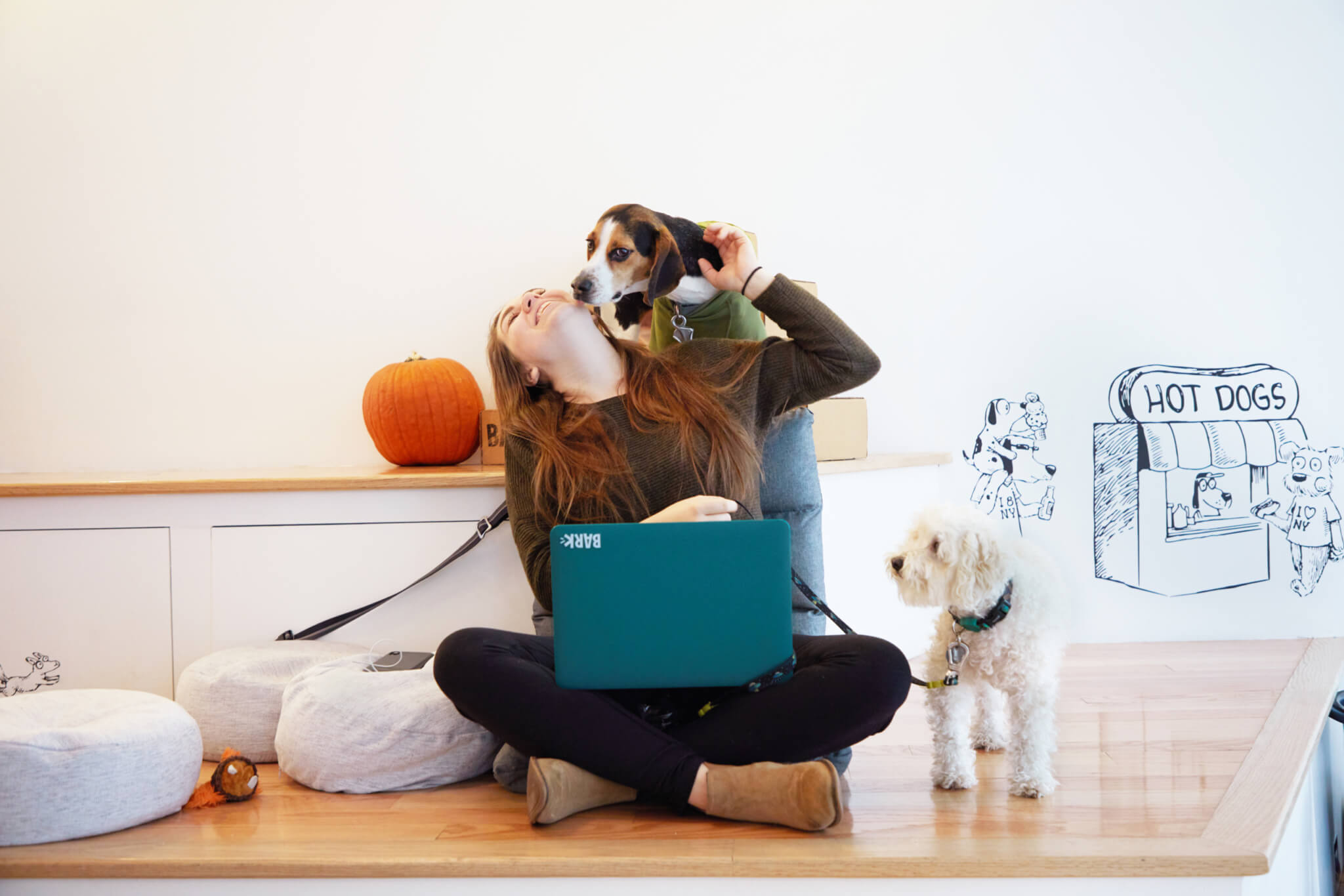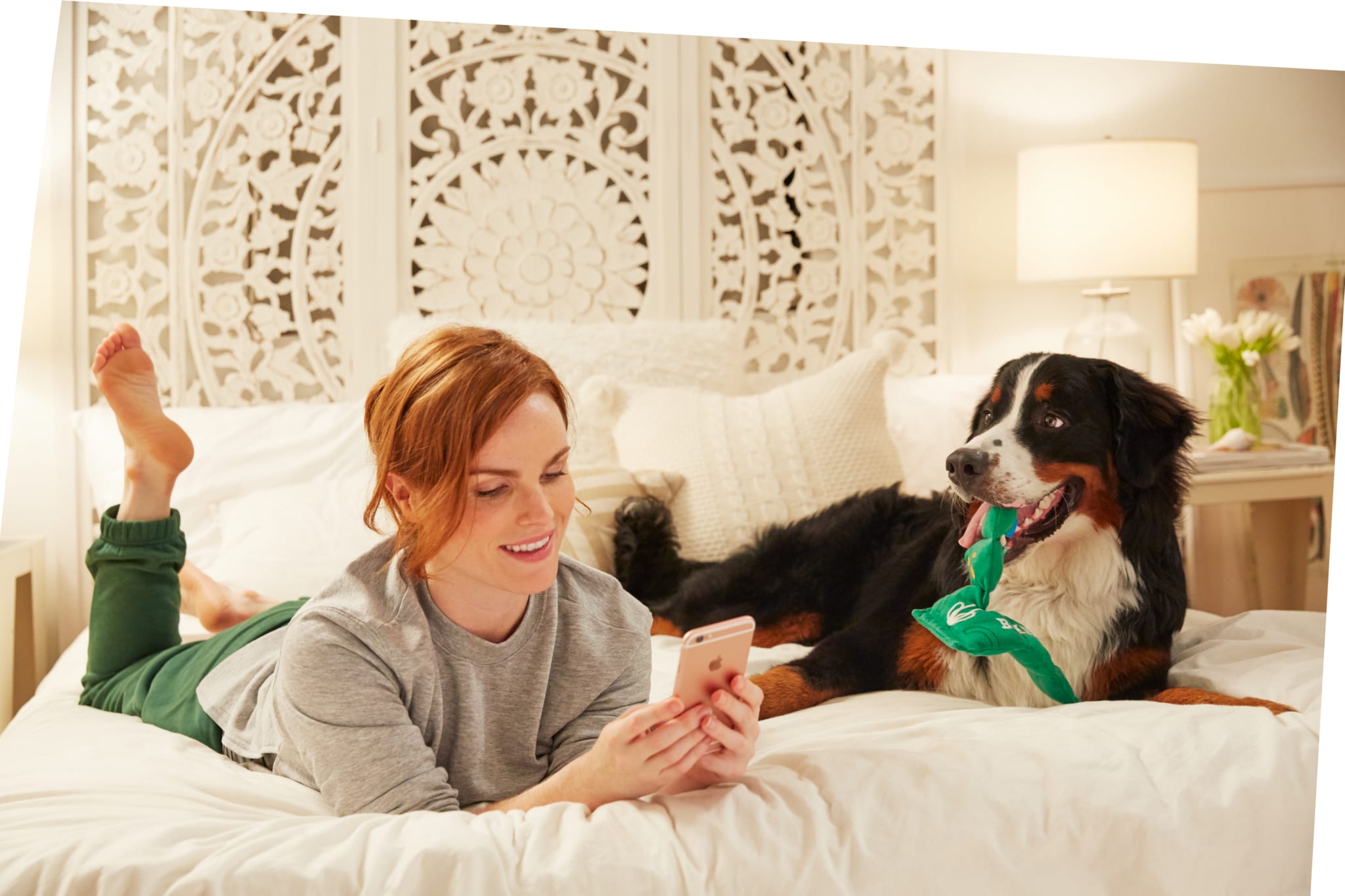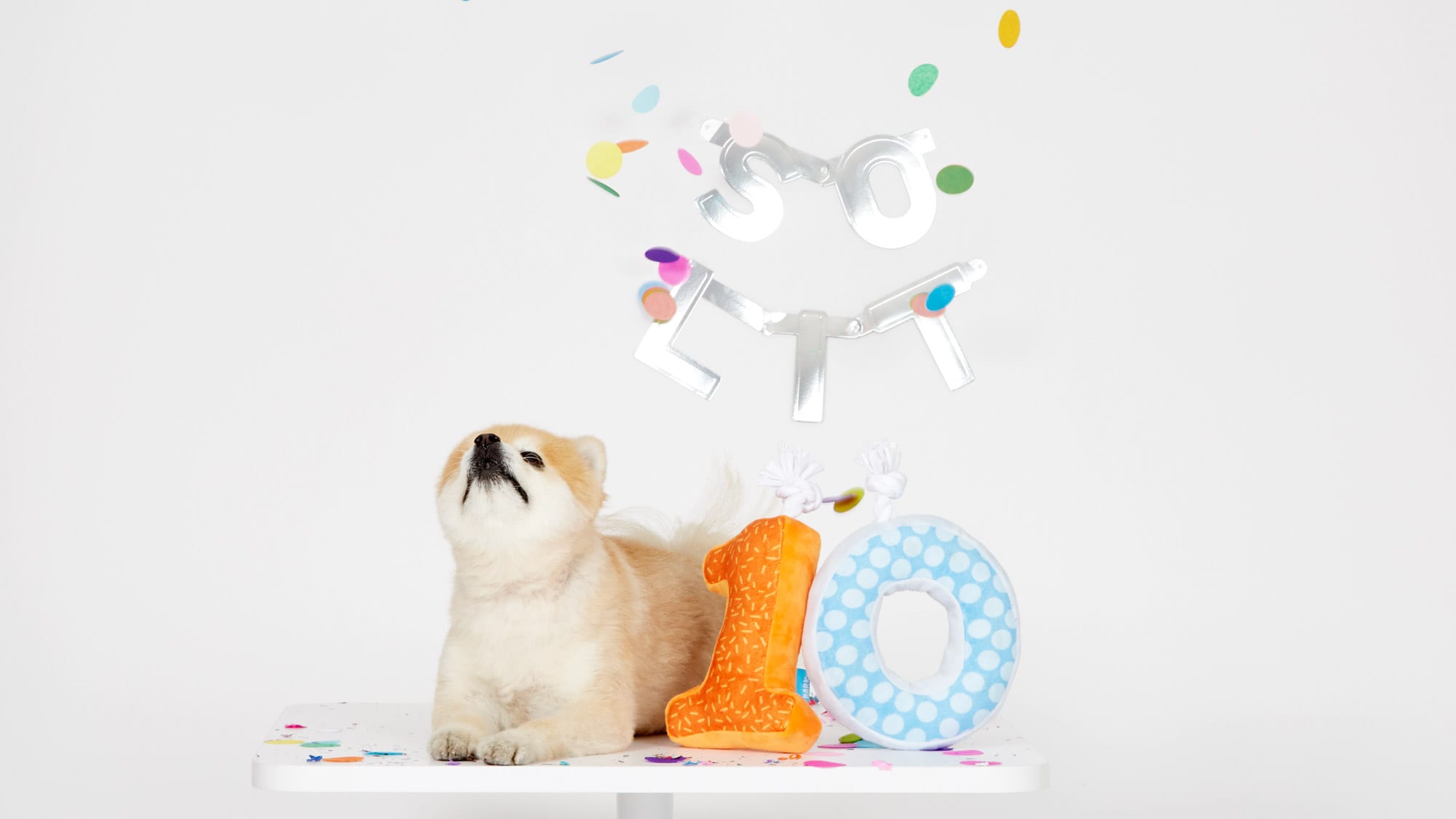**UPDATE February 1, 2016**
News of the birth of Laura Jacques and Richard Remde’s newborn Boxer puppies went viral when people discovered just where they came from. Pups Chance and Shadow were placed in a surrogate mother using the couple’s late dog Dylan’s DNA. With the help of the Sooam Biotech Research Foundation in South Korea, they now have double the trouble with puppies genetically identical to their beloved dog.
The new pup parents are featured in the interview below, where they discuss the entire process in detail.
We Cloned Our Dead Dog
Posted by BuzzFeed Video on Sunday, January 31, 2016
**UPDATE December 28, 2015**
The U.K. has welcomed its first cloned dogs in the form of little Chance and Shadow, two newborn Boxer puppies.
Laura Jacques and Richard Remde of Yorkshire, England parted with $100,000 in order to secure these very special holiday gifts—they are biological replicas of their Boxer Dylan, who passed two weeks prior to the Sooam Biotech Research Foundation’s retrieval of his DNA.
This is a new record, according to ABC News, as the previous record for viable DNA had been set at just five days.
The couple documented the puppies’ story on a Twitter account made for their beloved Dylan up until their birth, and now @ShadowIsMyTwin will take the helm as the pups grow up.
Jacque told The Guardian:
I’m trying to get my head round the fact that this puppy has 100% of the same DNA as Dylan. I had Dylan since he was a puppy… I mothered him so much, he was my baby, my child, my entire world.
Well, now the couple has exactly what they wished for, and Dylan’s memory will no doubt live on through his little “brothers.”
**Original Story**
Every day, the world gets a little closer to being like a scene out of Never Let Me Go.
Let’s hope it doesn’t become the full version.
Why do we say this? Well, recently Bloomberg Businessweek profiled the work of Dr. Hwang Woo Suk. Hwang heads the Sooam Biotech Research Foundation, a South Korean company that specializes in cloning dogs.
That’s right. For the hefty price of $100,000 you can get an exact DNA copy of your beloved pooch.
By taking fresh tissue from a pup, the firm works to clone an embroyo. They then place the embryos in a surrogate pup, who will then give birth around 6-months later.
Cloning rare breeds, specialized working dogs, and beloved pups of owners are just the beginning for Sooam. As Hwang told Businessweek, “Dogs are the entry point.”
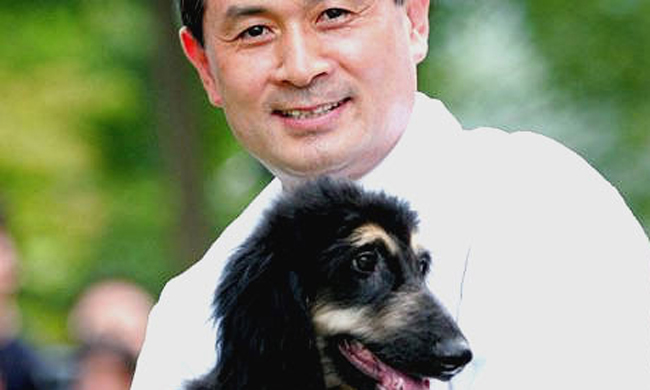

Sooam recently partnered with China’s BoyaLife, a biotechnology company that has 28 subsidiaries and operates in 16 provinces across China. Their goal is not just to clone dogs, but also cows in order to boost China’s beef industry. Hwang also envisions the partnership as a way to explore the various avenues that stem-cell research can apply to biomedicine. He also believes this recent partnership will enable the two companies to clone on a large scale.
A factory of clones. Huh.
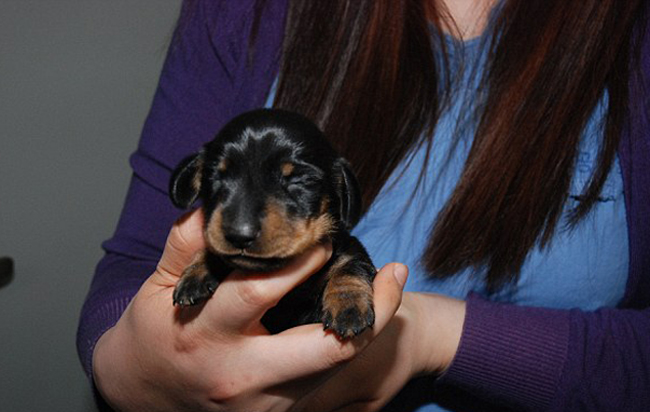

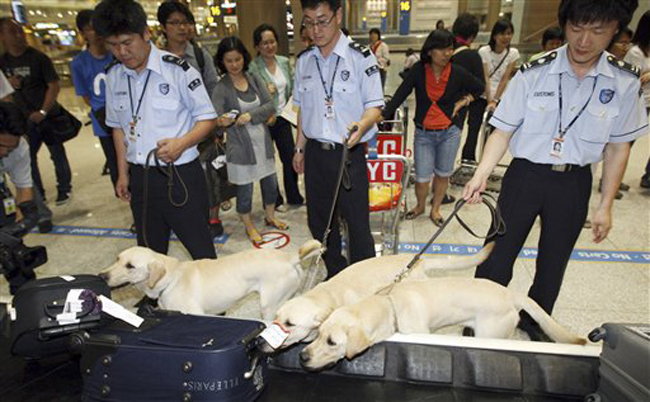

Hwang is famous (or infamous) for his genetic research. In 2004, he claimed that he had cloned the first human embryos. One year later, it was exposed that he had faked the research and paid women for their eggs, an unethical practice in scientific research. The scandal rocked the scientific community, so much so that a movie was made. Hwang was also convicted of embezzling $700,000 of public research funds, and was stripped of his license to practice stem-cell research. In 2009, a judge also sentenced him to a two-year suspended prison sentence.


Once he joined Sooam, however, Hwang was able to resume his work with animal clones. Now, dog owners like Danielle Tarantola, Lou Hawthorne, and Edgar and Nina Otto can bring back dogs who have passed in a way, by getting their genetic copy. Tarantola’s journey to clone her beloved pup Trouble was even profiled in a 2012 TLC special, “I Cloned My Pet.”
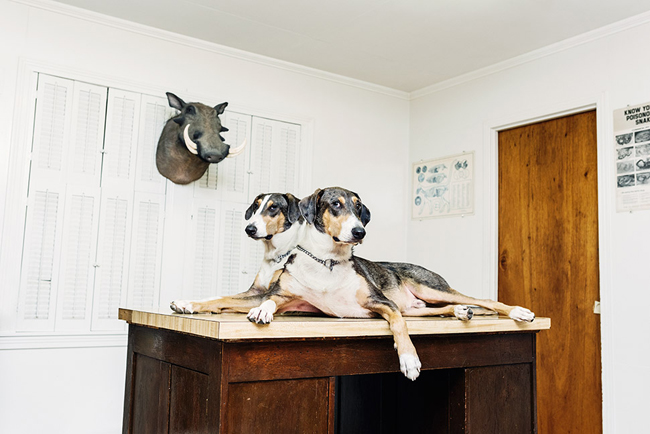

As John Woestendiek, the writer who profiled the dog cloning industry in his book Dog, Inc. told ABC News, “You’re not getting your dog to come back to life. You’re getting a genetic duplicate or twin, and we know how different twins can be. I mean, what’s special about your dog, that can’t be cloned.”
Louisiana veterinarian Dr. Philip Dupont begs to disagree. He and his wife adored their Catahoula Leopard mix Melvin so much, they cloned him twice.
“It’s like having two Melvins running around all the time,” Dupont told Bloomberg Businessweek. “These puppies are just like him. They love to hunt moles. They love to hunt field rats. They will come in and sneeze on command when we say, ‘You got a cold?’ Melvin did that. It’s [really] like having Melvin around the house, but two. Sometimes,” he reflected wryly, “too much Melvin.”




